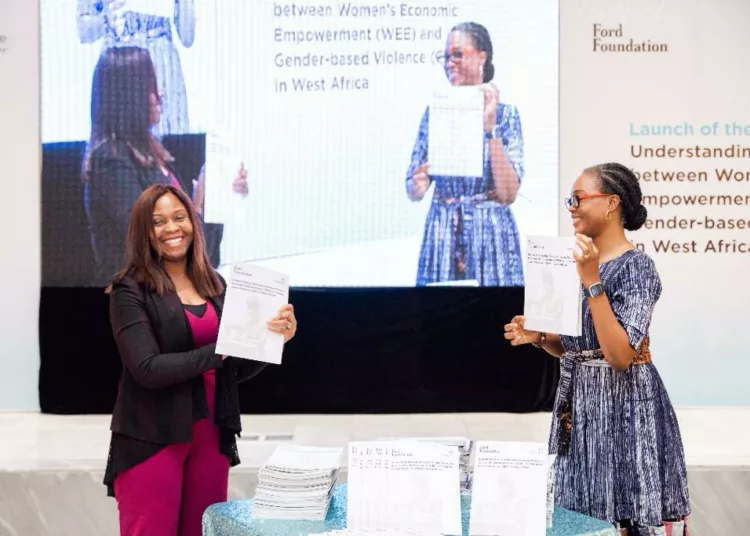In a collaborative effort aimed at fostering positive change in West Africa, the Ford Foundation and TechnoServe have unveiled a comprehensive report on the state of women empowerment and gender-based violence in the region.
Drawing on primary research conducted in Nigeria, Ghana, and Senegal, the report provides recommendations to civil society, government, the private sector, and the global aid community.
The report noted that the relationship between women’s economic empowerment and the risk of gender-based violence varied significantly based on the geographical, socio-economic, and cultural context of a household.
The country director for TechnoServe in Nigeria, Adesuwa Akinboro, in a statement made available to LEADERSHIP said, “The fundamental ethos of international development is ‘do no harm,’ and this certainly applies at TechnoServe.
“In this case, when women are empowered through the different capacity-building tools, we want to ensure that this does not expose them to the risk of violence—and if it does, that there are mitigation plans that eliminate their exposure to GBV while empowering them economically.”
Akinboro said, “The findings from this report were very interesting, because we found that when women are empowered in these communities, they have better earnings which enables them to support their families, including their spouses.”
The West Africa programme manager for the Ford Foundation, Olufunke Baruwa, said, “There are certain interesting insights in the report. In Ghana, for instance, the respondents defined an empowered woman as one who is single, independent and lives on her own. However, in Nigeria, this was not the case, as most of the respondents defined an empowered woman as one who is married and able to take care of her family and herself. This insight is in line with the conclusion of the report, which states that the nexus of women’s economic empowerment and gender-based violence is complex and contextual.
“There is no one size fit-all solution.” Baruwa stated that the primary objective of the study was not just to look at social, religious and cultural norms that encourage GBV, but other recent factors that lead to violence. She added that this research would contribute tremendously to the body of knowledge in this area.





